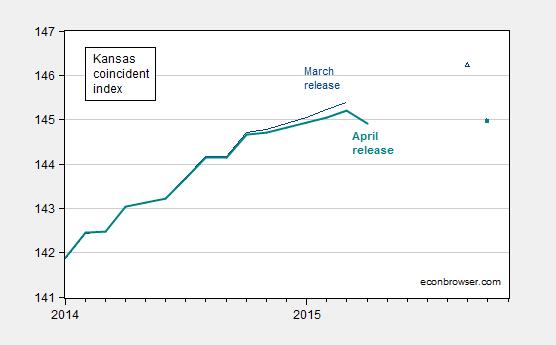Josh Marshall of Talking Points Memo, on what he sees as the destruction of a great research university.
The crown jewel of the Wisconsin university system is the University of Wisconsin at Madison. It is one of the top research universities in the country and the world. With this move [ to strip tenure from professors], you will basically kiss that jewel goodbye. To me this is the more salient reality than whether you think academic tenure is a good thing or not in itself.
If this happens, over time, the professors who can will leave. And as the top flight scholars and researchers depart, so will the reputation of the institution. So will graduate students who want to study with them, the best undergrads, money that flows to prestigious scholarship. Don’t get me wrong. Not in a day or a year or even several years. But it will. If you don’t get this, you don’t understand the economy and incentive structure of university life.
In other news, Author of proposal to abolish Legislative Audit Bureau says it’s not a response to scathing WEDC audits. The Legislative Audit Bureau is the Wisconsin equivalent of the Federal government’s Government Accountability Office (GAO).
